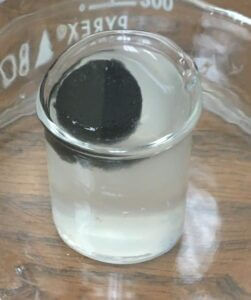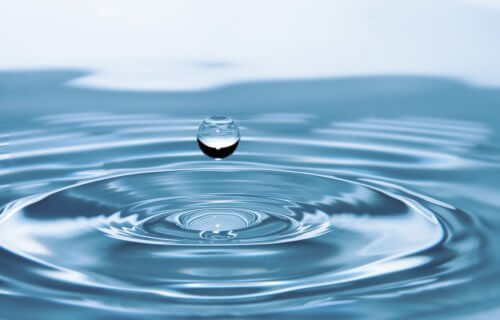AUSTIN, Texas — Clean drinking water isn’t available to as much as a third of the global population. Even worse, estimates show that by 2025 half of the human population may be living in “water-stressed” areas. This is obviously a big problem. Perhaps, though, a team of scientists from the University of Texas, Austin have the solution. Researchers have created an astounding hydrogel tablet capable of rapidly purifying contaminated water.
Just one tablet is enough to disinfect an entire liter of river water, making it safe for drinking in an hour or less.

“Our multifunctional hydrogel can make a big difference in mitigating global water scarcity because it is easy to use, highly efficient and potentially scalable up to mass production,” says Guihua Yu, an associate professor in the Cockrell School of Engineering’s Walker Department of Mechanical Engineering and Texas Materials Institute, in a university release.
How does the new process clean water so fast?
Water is mostly purified nowadays via either boiling or pasteurization. While those methods are indeed effective, they also require levels of energy that many smaller areas just can’t access. These new hydrogels, on the other hand, generate hydrogen peroxide all on their own capable of neutralizing bacteria at an efficiency rate of more than 99.999 percent. The hydrogen peroxide mixes with activated carbon particles to attack and kill bacteria by targeting essential cell components.
Even better, the entire process doesn’t require any energy or produce harmful by-products. Once the water is clean, simply remove the hydrogel. It doesn’t leave behind any residue.
Additionally, the hydrogels may be able to help out with solar distillation, which is the use of sunlight to separate water from various harmful contaminants using vaporization. It’s common for solar distillation systems to malfunction due to the excessive buildup of microorganisms on the equipment. The hydrogels can stop this from happening.
“A highly vigilant graduate student, Youhong Guo, discovered these hydrogels unexpectedly while doing something else, that is purification of water with sunlight,” explains Keith Johnston, a professor in the McKetta Department of Chemical Engineering who co-led the project.
Right now, the research team is still working on perfecting their formula as far as increasing the number of different types of pathogens and viruses in water the hydrogels can neutralize. Another positive is the potential for streamlining production: the hydrogels can be made at a low cost and adjusted in size as needed.
The study appears in the journal Advanced Materials.
